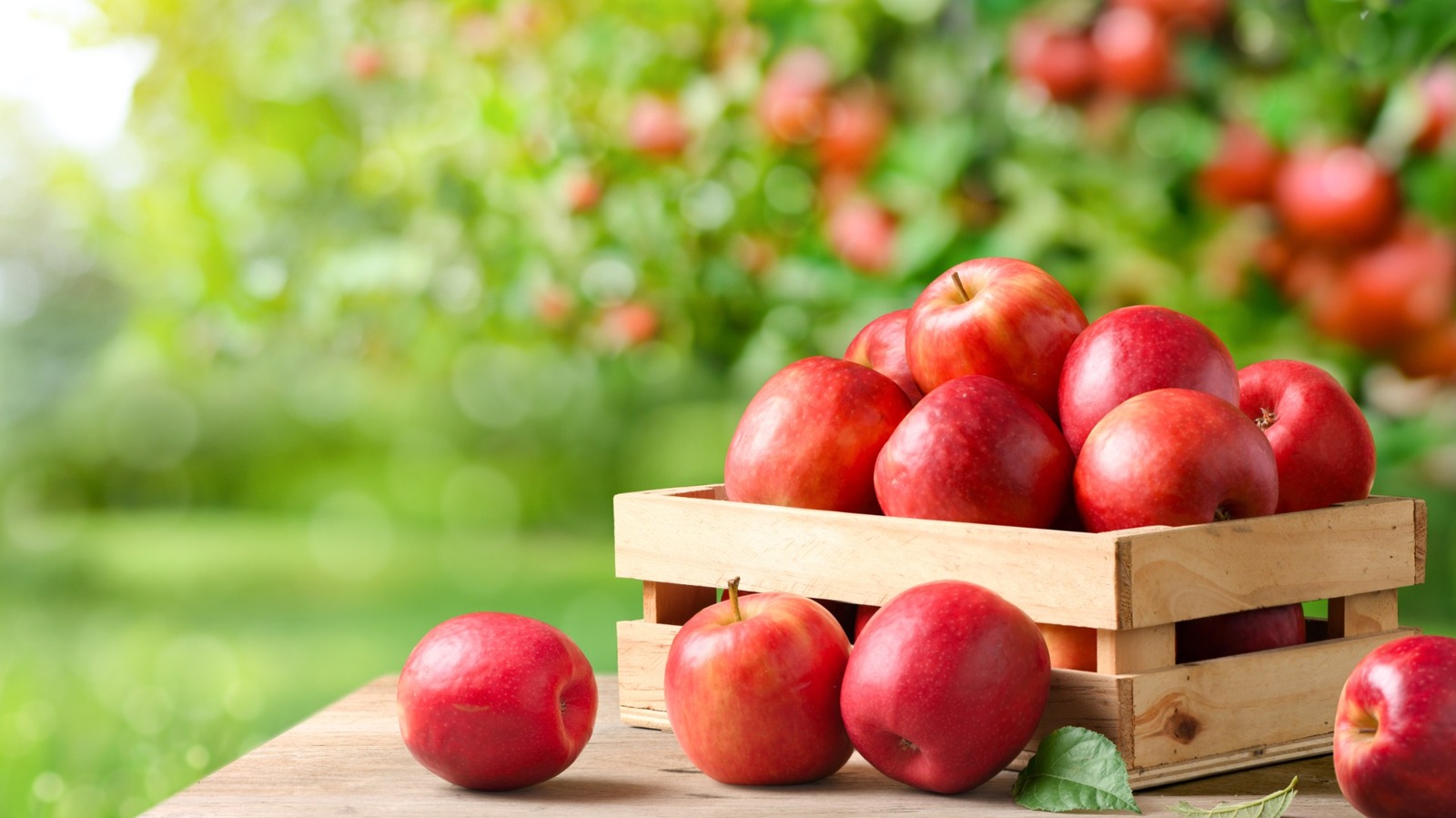
"Over the past couple of decades, apple breeders and growers have moved away from common varieties in favor of trademarked apples. Why? Because creating a new apple isn't quick - or cheap. It takes a lot of money and years of research, testing, and growing. Trademarking the name helps protect that investment. It gives breeders and universities control over quality, pricing, and even which orchards are licensed to grow it. It's like a copyright - but for fruit."
"Older apples like Granny Smith and Fuji are in the public domain, meaning they aren't part of a 'club' - anyone can grow and sell them without special licensing. But newer varieties are protected, and the trademarked name is a key part of that. There's also psychology at play: research shows shoppers are more likely to try unfamiliar apples if they have a fun, catchy name."
"Trademarked names are only half the story - the rest is about identity. In today's apple market, storytelling is everything. That's why apple developers now team up with branding experts, marketing firms, and even sensory scientists to shape the entire experience of a new apple - before it ever shows up in stores. Think taste test panels, mood boards, and product launch strategies that feel more like a tech startup than a farm."
Apple breeders and growers increasingly develop trademarked, branded varieties to protect lengthy, costly breeding investments and to control quality, pricing, and licensed orchards. Older varieties like Granny Smith and Fuji remain in the public domain and can be grown without licensing. Marketing and consumer psychology drive naming, since shoppers favor fun, catchy names and are likelier to try unfamiliar apples. Developers collaborate with branding experts, marketing firms, and sensory scientists to design flavor, texture, and launch strategy, using taste-test panels, mood boards, and focused naming tests to position new apples as designer fruit tailored to specific sensory experiences.
Read at Tasting Table
Unable to calculate read time
Collection
[
|
...
]